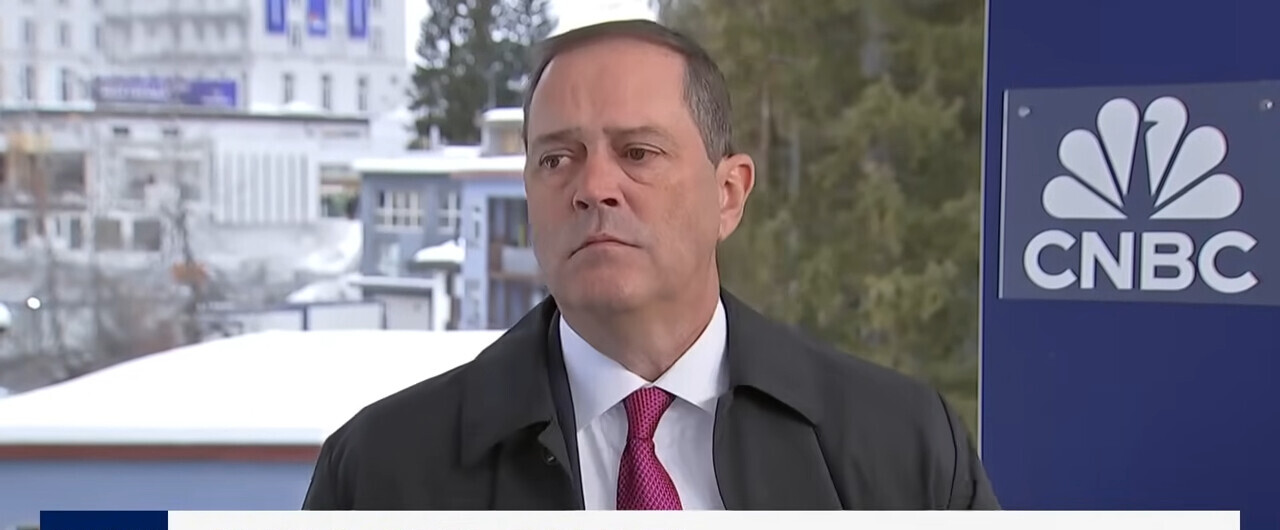The Business Roundtable (BRT), once a beacon of American economic pragmatism, has become a ringleader in the ideological capture of corporate America.
Founded in 1972 to champion policies fostering prosperity, the BRT has since abandoned its roots, morphing into a mouthpiece for globalist agendas. Under its recent leadership, the organization has pushed ESG (Environmental, Social, and Governance) and DEI (Diversity, Equity, and Inclusion) mandates, transforming corporations into leftist political pawns at the expense of shareholders and common sense. (RELATED: The True Victims of Woke Corporations)
This change began in 2019, when the BRT issued its “Statement on the Purpose of a Corporation.” Led by JPMorgan Chase CEO Jamie Dimon and signed by 181 CEOs, it ditched the time-honored focus on shareholder value for the more nebulous “stakeholder capitalism.” This wasn’t simply a rebrand, it was a deliberate pivot toward ideology over profit. By prioritizing vague “stakeholders,” which range from customers and employees to communities and the environment, the BRT opened the floodgates for ESG and DEI to run rampant in corporate boardrooms. (RELATED: The Companies Responding to DEI Backlash With Even More DEI)
ESG and DEI have morphed corporations into vehicles for activism, diverting billions from innovation and returns to appease globalist elites. The BRT’s declaration was a middle finger to the investors who built these companies, signaling that ideology now trumps accountability and profit. (RELATED: The High-Water Mark of Woke Corporate Activism)
When a company adopts the BRT’s new principles, it hits itself with a wrecking ball, completely destroying its traditional corporate trends.
ESG forces companies to chase climate change fantasies and social engineering, often with zero financial upside. ESG leads companies to squander billions on green initiatives that pad the pockets of activist NGOs, while shareholders and customers foot the bill.
DEI reduces employees and potential employees into the categories of “oppressors” or “oppressed,” which not only pits them against each other, but also justifies the company hiring less qualified individuals — another lofty cost to any organization.
Business Resource Groups (BRGs) amplify this nonsense, giving preferential influence to self-identified victims and turning HR into a battlefield of identity politics.
NGOs and consulting firms, smelling profit, have rebranded as “sustainability” gurus, peddling compliance to this new orthodoxy. The result? A corporate culture that is obsessed with checking boxes over creating value. The BRT’s 2019 statement didn’t just enable this — it lit the match, letting the fire spread to media, education, and government.
The BRT’s recent chairmen read like a Davos attendance list, each doubling down on this agenda:
- Jamie Dimon is a vocal supporter of DEI and a regular at the World Economic Forum in Davos. In 2024, he openly challenged conservative opposition to JPMorgan’s DEI policies, declaring at Davos: “Bring them on.”
- Doug McMillon, Walmart’s CEO, succeeded Dimon. Despite the global COVID crisis, McMillon prioritized political activism — opposing Georgia’s Voter ID laws and playing a role in MLB’s All-Star Game boycott. In the aftermath of January 6, he pointed the finger towards President Trump and “the fiction of a fraudulent election,” suspending political donations to Republicans who voted against certifying the 2020 election results. Under McMillon, Walmart accelerated its implementation of ESG and DEI initiatives.
- Mary Barra, CEO of General Motors, took the reins next. Her tenure emphasized sustainability, corporate alignment with the Paris Climate Accord, and phasing out internal combustion engines — all while amplifying DEI across the automotive sector.
- Chuck Robbins, CEO of Cisco Systems and the current BRT Chairman, has continued this left-leaning trajectory. He has condemned Trump-era immigration policies, advocated for stricter gun control in response to the Uvalde tragedy, and repeatedly described DEI as “essential” to organizational success.
These leaders aren’t just out of touch — they’re complicit in aligning corporate America with the World Economic Forum’s playbook. The BRT, once proudly pro-American, now dances to a much more totalitarian tune.
The BRT’s embrace of ESG and DEI isn’t just bad business; it’s a cultural and political disaster.
Corporations now act as unelected policymakers, shaping narratives and punishing dissent. This isn’t capitalism; it’s corporatism, where ideology trumps merit and global elites call the shots.
The transformation of the Business Roundtable over the past six years has been both strategic and sweeping. The organization now appears to be everything but pro-American.
The ideological alignment of its recent chairmen with the World Economic Forum makes the trend unmistakable.
This agenda is not confined to the boardroom. It is actively shaping corporate culture, operational policies, and even public political narratives.
Tim Young is a political commentator, comedian, and CEO of Veebs, a consumer technology company helping users align purchases with their principles. A media fellow at the Heritage Foundation, he’s a leading voice on television, radio, and social media (@timrunshismouth)
READ MORE from Tim Young:
























